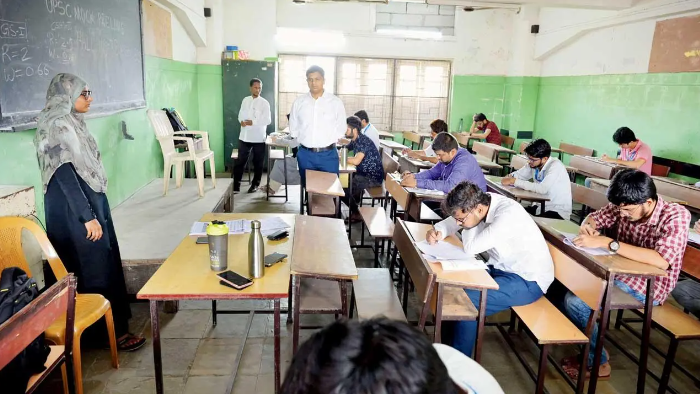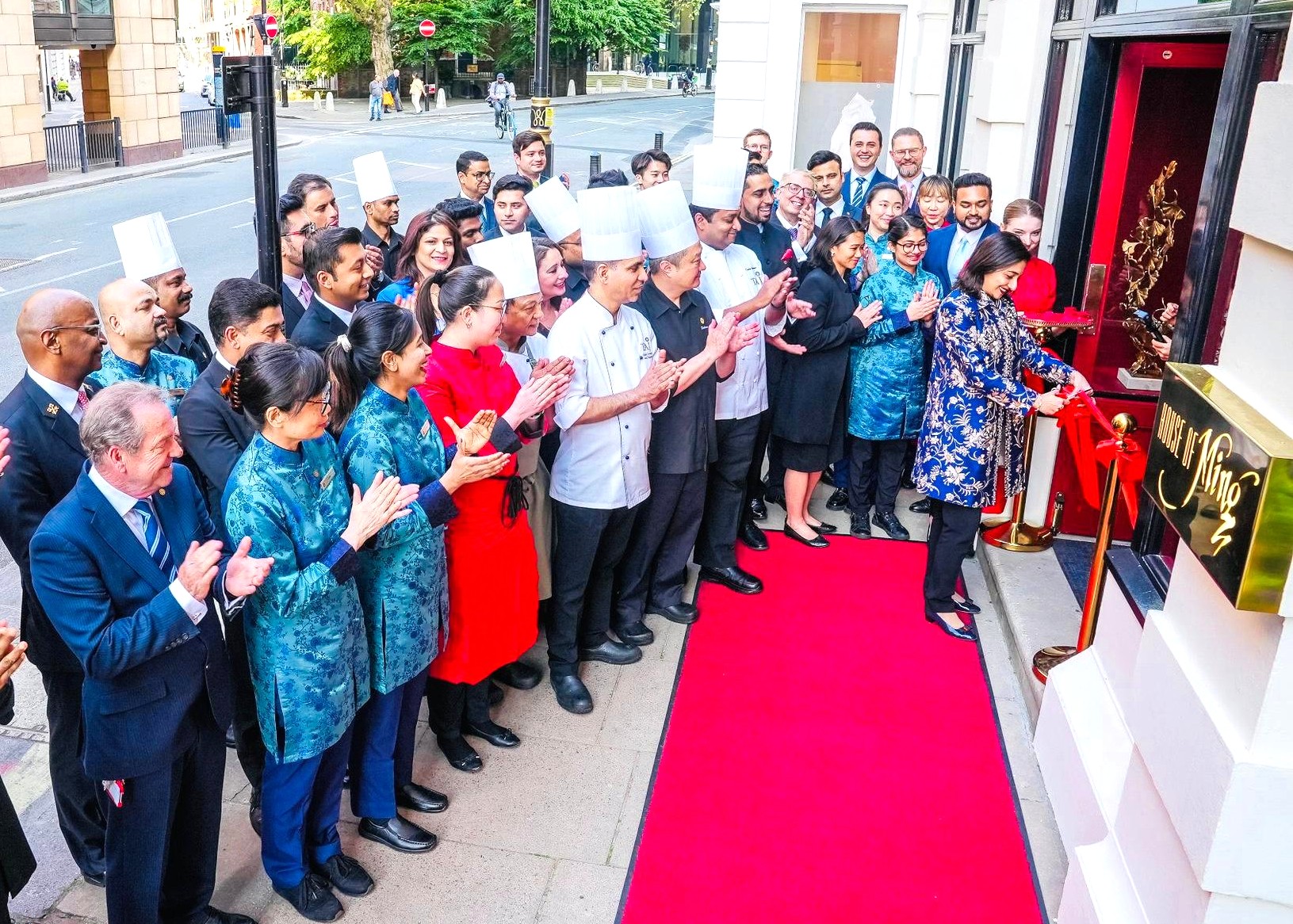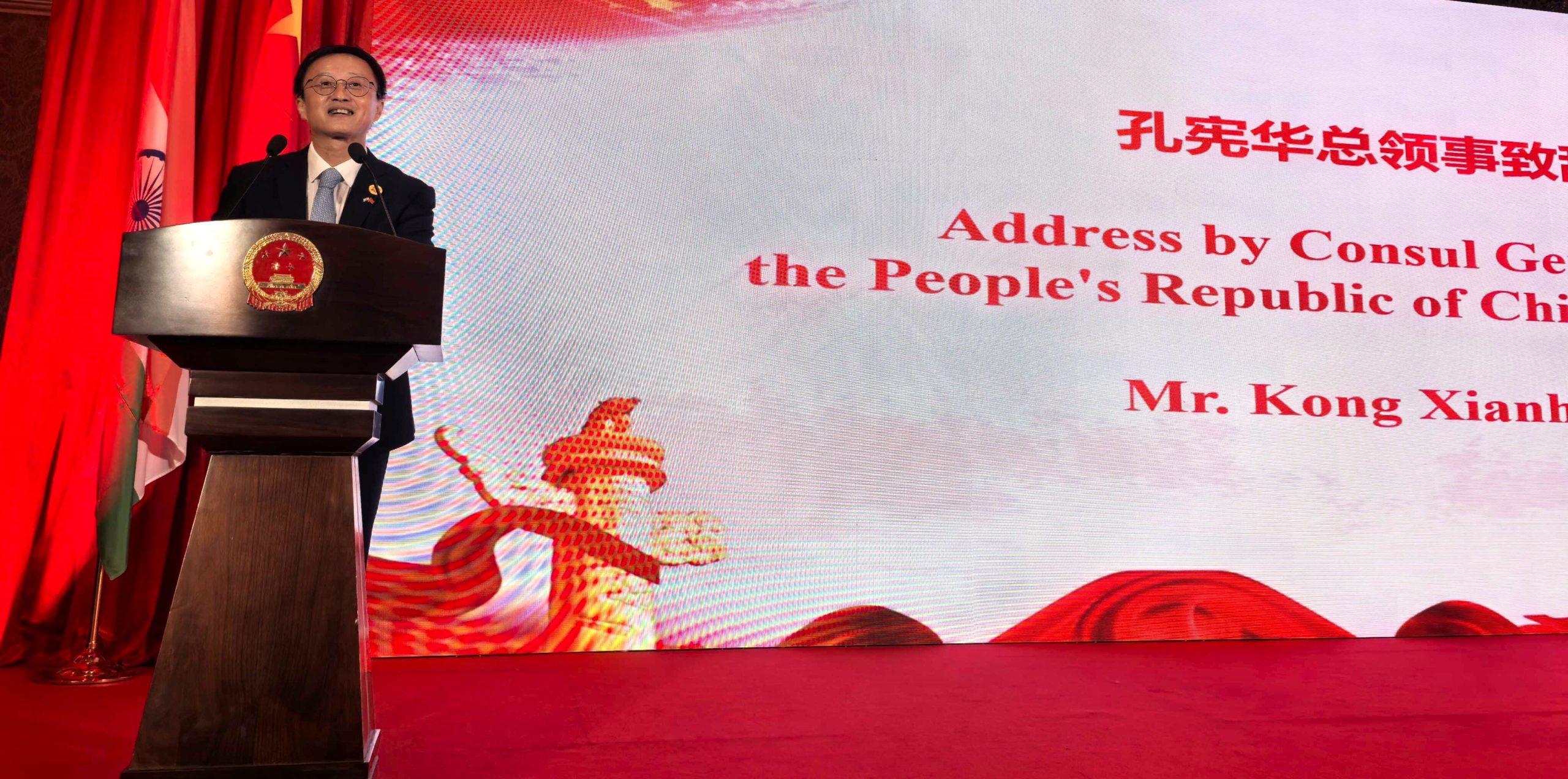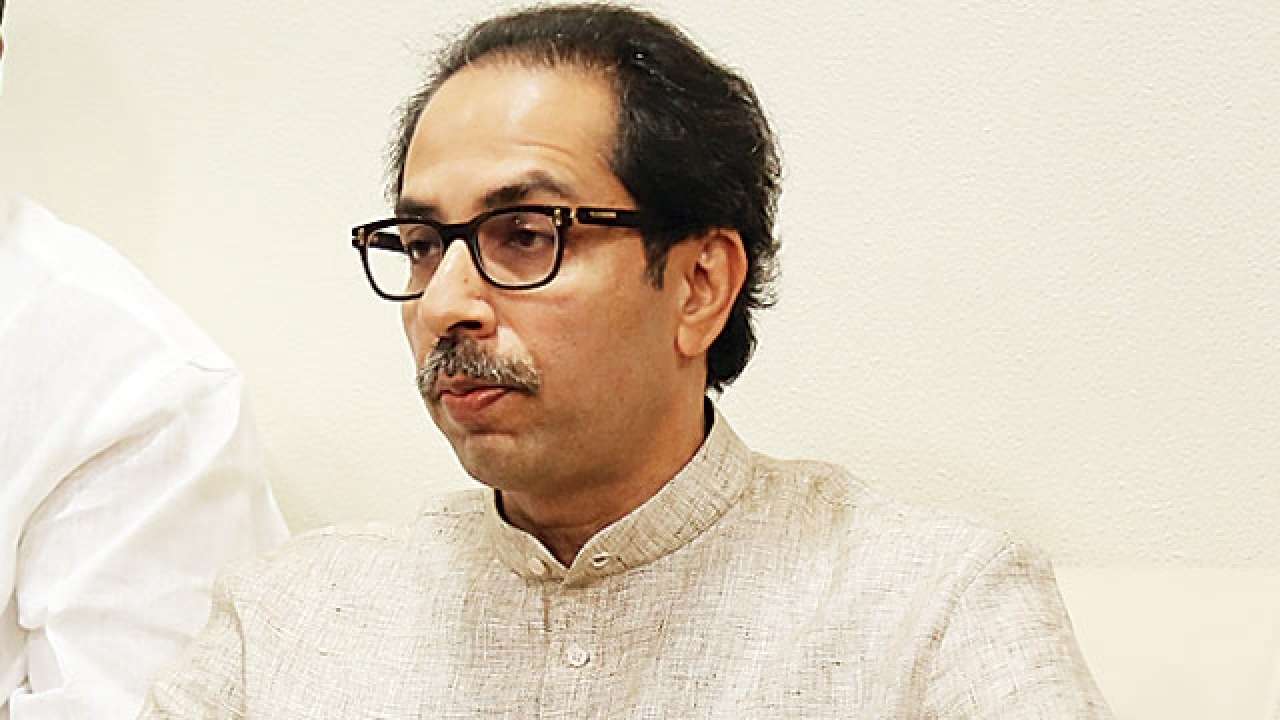For 28-year-old Shabina Khan, joining the IAS always seemed like a distant dream. Born into a poor family, she had to struggle to complete her education. On Sunday, Khan, who will be sitting for the UPSC exam, will be a step closer to fulfilling her dream, thanks to the Dr APJ Abdul Kalam IAS-IPS Exam campaign, initiated in 2018
Actively supported by Anjuman-I-Islam and All India Khilafat Committee, the campaign is providing deserving students personalised coaching, guidance and free training for the MPSC and UPSC exams. After a brief lull during the pandemic, which forced them to move all their classes online, the initiative formally launched in February this year. “Since February, 125 students have enrolled with us,” said Gulam Nabi Idrisi, founder chairman of the initiative.
According to Idrisi, several government officials are associated with the campaign, and are helping set mock test papers. The students already gave three mock tests in the month of May, and will be appearing for the UPSC preliminary exams scheduled today.
Speaking with mid-day, Shabnam Shamim Choudhary, 25, resident of Jari Mari, Kurla, said, “I wanted to become an IAS officer, but my family couldn’t afford the fees of the institute or even pay for the study material. This initiative has come as a blessing. I have managed to get at least basic training, so that I can take a shot at the UPSC exam.” Out of the 125 students enrolled with the campaign, 60 hail from Dongri. “We have been providing them with free food and accommodation. The students living in our facility belong to marginalised minority communities,” said Idrisi. The campaign is currently supporting Muslim, Buddhist, Jain, Christian, Parsi and Sikh students, who wish to appear for civil service exams.
Dr Zahir Kazi, President, Anjuman-I-Islam, said, “The administration must have representation of all sects and religions. Unfortunately, due to lack of facility and funds most of the students cannot pursue this dream.” Sarfaraz Arzu, chairman, All India Khilafat Committee, shares his sentiments. “If we have to solve community issues, the presence of marginalised and minority officials [in administration] is a must.”

Surjitt Sahani











